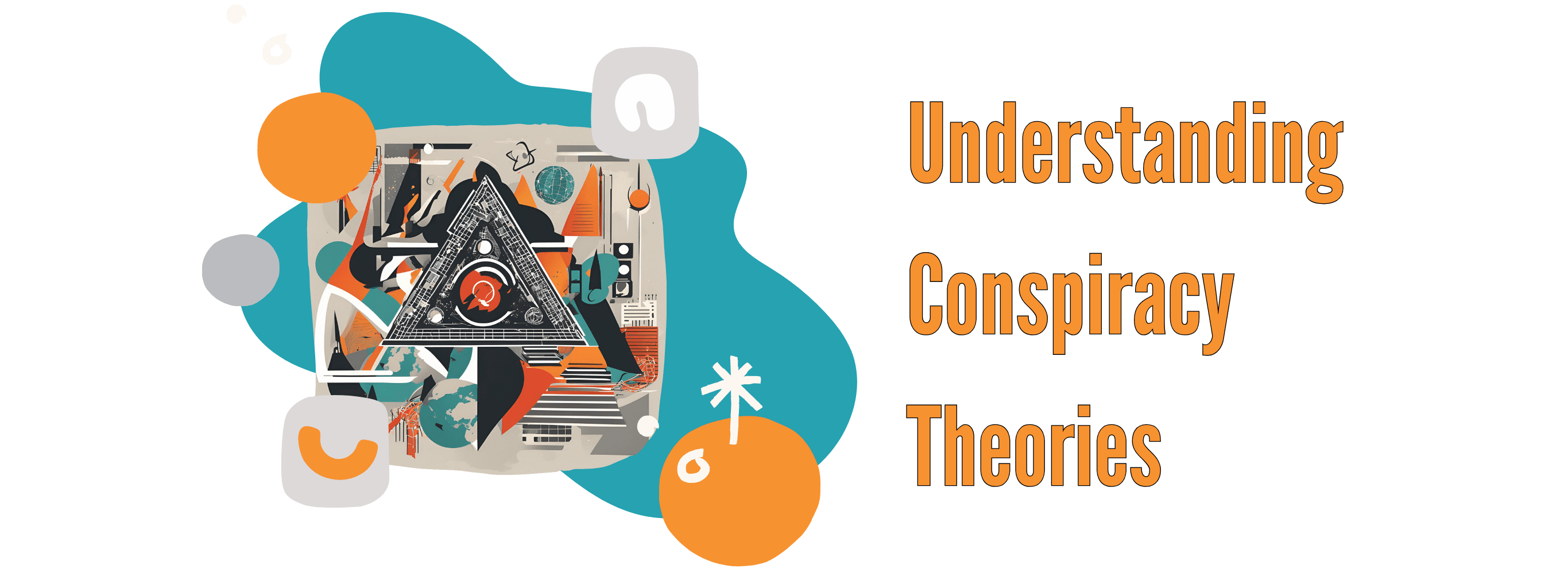Understanding Alex Jones: The Impact Of Conspiracy Theories On Society

Conspiracy theories have intertwined with public discourse, often creating chaos and confusion. Figures like Alex Jones have significantly amplified these theories through various media platforms. This guide explores the influence of Alex Jones on conspiracy theories, their psychological underpinnings, and the alarming role of social media in spreading misinformation. By understanding these dynamics, we can better navigate the complexities of belief and skepticism in today’s society.

Introduction to Conspiracy Theories
Conspiracy theories suggest that hidden forces are behind significant events. Historically, these theories have existed for centuries, with roots tracing back to ancient civilizations. A Pew Research Center survey shows that nearly 50% of Americans believe in at least one conspiracy theory. This statistic highlights the prevalence and enduring nature of such beliefs.
Understanding these theories helps us recognize their impact on public perception and behavior. It’s crucial to evaluate how these beliefs evolve and spread, especially in the context of modern influencers like Alex Jones.
The Role of Alex Jones in Modern Conspiracy Theories
Alex Jones, host of the controversial media platform Infowars, has become synonymous with conspiracy theories. He has promoted various claims, including the notion that the 9/11 attacks were an inside job and that the Sandy Hook shooting was a hoax. These theories, despite lacking credible evidence, gained traction among his audience.

Jones' approach combines sensationalism with a sense of urgency, often framing his narratives as exposing government deception. His influence is evident; during crises, searches for his theories spike, illustrating his role as a major conduit for conspiracy beliefs. This propagation not only shapes individual perceptions but also stirs societal unrest.
Psychological Impact of Conspiracy Theories
The psychology of conspiracy beliefs reveals fascinating insights into why people subscribe to these narratives. Cognitive biases, such as confirmation bias, lead individuals to favor information that aligns with their pre-existing beliefs. Studies by the American Psychological Association indicate that people who feel powerless are more likely to embrace conspiracy theories as a way to regain control.
For instance, during the COVID-19 pandemic, many turned to theories that questioned the virus's origins and severity. This reflects a broader trend: when faced with uncertainty, individuals often seek explanations that provide a sense of clarity, even if they are unfounded. Understanding these psychological factors is essential for addressing the appeal of conspiracy theories.

Social Media's Influence on Conspiracy Theories
Social media platforms like Facebook and Twitter serve as breeding grounds for conspiracy theories. Algorithms prioritize sensational content, making it easier for misinformation to spread. A study by Harvard University found that false information spreads six times faster than true information on these platforms.
For example, during the 2020 U.S. elections, misinformation about voter fraud proliferated online, fueled by influential figures, including Jones. This environment fosters polarization, making it challenging for individuals to discern fact from fiction. The intersection of social media and conspiracy theories highlights the urgent need for media literacy in our digital age.
Combating Conspiracy Theories with Critical Thinking
To combat the spread of conspiracy theories, enhancing critical thinking skills is crucial. Here are some strategies for evaluating sources and claims:
- Check the source: Verify the credibility of the information and the author.
- Look for evidence: Seek out supporting data from reputable organizations.
- Consider alternative viewpoints: Engage with diverse perspectives to challenge biases.
- Ask critical questions: Why was this information created? What’s the intent behind it?
By fostering critical thinking, individuals can better navigate the complexities of information in today’s society. Resources such as online courses and workshops can further enhance these skills.
Conclusion
In summary, Alex Jones significantly influences conspiracy theories, which impact public perception and societal behavior. Understanding the psychology behind these beliefs, alongside the role of social media, is vital for fostering critical thinking and combating misinformation. As we navigate an increasingly complex information landscape, embracing media literacy is essential.
Take action now: Educate yourself and others on recognizing misinformation, and develop critical thinking skills to better understand the world around you. Together, we can create a more informed society, less susceptible to the chaos of conspiracy theories.